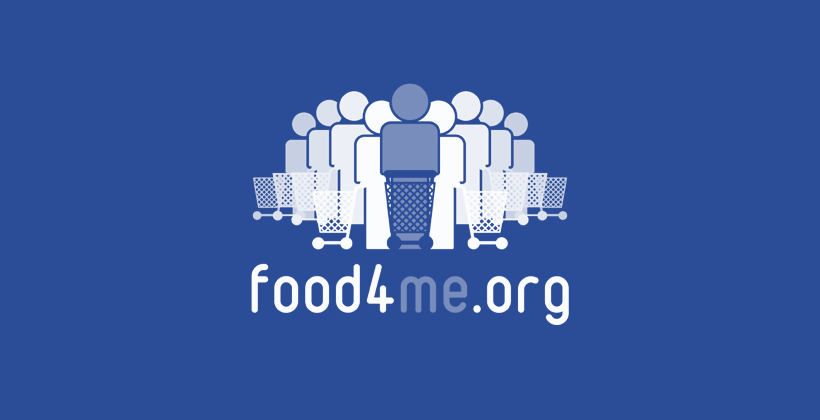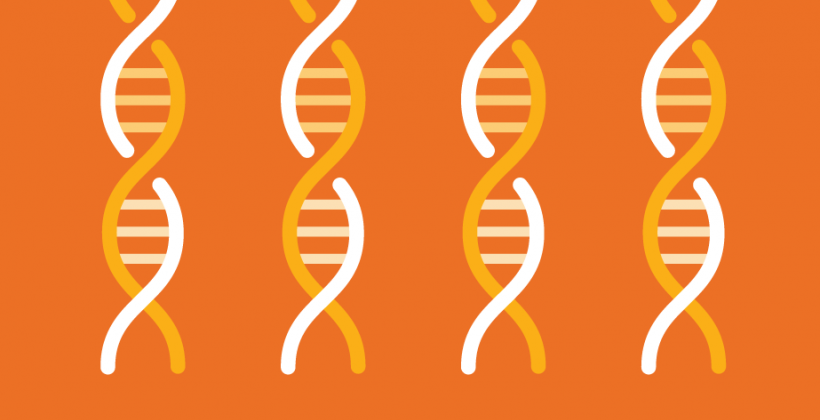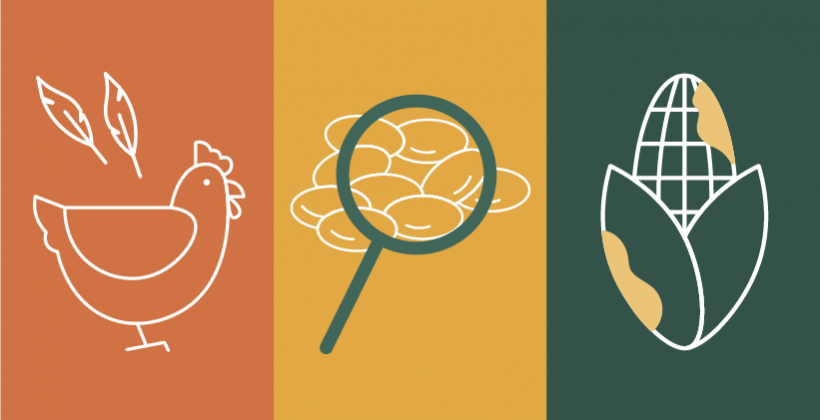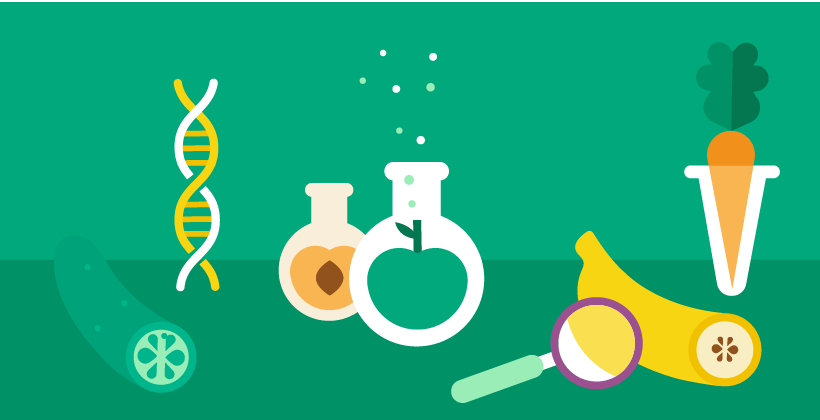EU-funded Food4Me project paves way for personalised nutrition to better public health
Last Updated : 01 December 2016Food4Me was a four-year project, which received funding from the European Commission. Its goal was to identify the challenges and opportunities of personalised nutrition through an internet-based personalised nutrition study across Europe. Research activities included the development of business models, research into consumer attitudes, technological advances and ethical and legal issues. The project’s pan-European study of over 1,500 participants showed that personalised nutrition advice is more effective to improve dietary behaviour compared to conventional, population-based advice.
How Food4Me began
The concept of individualised medicine was introduced with the complete mapping of the human genome in 2003, which led to a widespread belief that personalised medicine was imminent whereby therapeutic strategies, based on genetics, would be targeted to patients. Based on this concept, the idea of ‘personalised nutrition’ evolved — the belief that nutritional management of diet-related chronic diseases could be improved based on an individual’s genomic data. To build on the knowledge of this fledgling field, the Food4Me project gathered an international group of experts to survey the current knowledge of personalised nutrition, and to explore the application of individualised nutrition advice.
Food4Me’s Proof-of-Principle study across Europe
An internet-based, randomised controlled trial, called the Proof-of-Principle (PoP), study was conducted over six months across seven European countries. The researchers wanted to know if providing personalised dietary advice would motivate and improve people’s dietary intake and markers of health. The intention of this research was to compare the effects of different levels of personalised nutrition on health-related outcomes. The study was run completely via the Internet with over 1,500 adult participants from Germany, Greece, Ireland, the Netherlands, Poland, Spain and UK.
Recruited participants were randomised into different groups:
- a control group which received non-personalised dietary advice;
- an intervention group which received personalised advice based on their current diet alone;
- an intervention group which received personalised advice based on their current diet and phenotypic data (observable characteristics or traits of a cell or organism) e.g. cholesterol level;
- an intervention group which received personalised advice based on their current diet, phenotypic data and genetic data (the heritable biological information coded in the nucleotide sequences of DNA or RNA) e.g. a gene variant associated with weight gain.
At the beginning of the study, participants were given several screening questionnaires and they completed an online food frequency questionnaire to estimate their habitual dietary intake. As part of the screening questionnaire, phenotypic data such as physical activity, height and weight were self-reported by participants, who received information via instructive videos. Phenotypic data related to metabolic and nutritional markers, such as participants’ levels of glucose, Vitamin D, carotenoids and fatty acids, were measured using Dry Blood Spot cards. Genotypic information (the genetic makeup of an individual, either overall or of a specific gene) was obtained from DNA cell samples that were provided by participants using buccal swabs. Participants received detailed instructions on how to collect these samples from their cheeks. These personal samples were all sent to Food4Me’s research teams.
Six months into the study, participants who received personalised dietary and lifestyle advice ate significantly healthier diets, compared with control group participants who received non-personalised, population-based advice. This was regardless of whether this personalisation was based on diet alone, phenotype or genotype.
The results were presented at the project’s final conference ‘Personalised nutrition: paving a way to better public health?’ in Brussels on 26 February 2015. The PoP study also demonstrated that collecting phenotypic and food intake data remotely via the Internet is possible and can deliver coherent and high quality data.
Consumer attitudes to adoption of personalised nutrition
Researchers from Food4Me also focused on understanding the specific needs of consumers with respect to personalised nutrition and its delivery methods. By adopting an online survey method, researchers found that people were willing to pay for personalised nutrition services. Furthermore, focus group results suggested that consumers are more likely to be positive about personalised nutrition in the presence of a transparent and trustworthy regulatory framework associated with human genetic technologies.
While ‘data privacy’ was considered important for all types of personalised nutrition service providers, most concerns expressed by consumers related to the need for ‘genetic privacy’ to be enshrined in regulation. This was perceived as ensuring protection for consumers.
Food4Me researchers also analysed the legal and regulatory framework relevance for personalised nutrition services in the EU. It was assumed that a service provider, based within or outside the EU, could offer ‘personal nutrition advice’ to ‘customers’ in different EU countries.
Results showed that neither the European Union nor its Member States have legal instruments to deal specifically with personalised nutrition. If personalised nutrition is regulated as a conventional business, consumer rights appear to be protected by current EU legal instruments. But, if a personalised nutrition offering is regulated as a healthcare service, patient rights vary from one European Member State to another. A critical step in the development of personalised nutrition services across Europe will be the determination of the status of each personalised nutrition offering: Is it healthcare or not?
One specific characteristic of personalised nutrition services is that they require personal health data in order to advise the consumer on how to manage their health. When a person gives personal data to an institute or company, this qualifies as sensitive information. Researchers outlined four themes in need of further ethical analysis:
- state of the art of personalised nutrition – do we know enough?;
- commercialisation;
- food and health;
- values at stake.
Therefore, from an ethical point of view, consumer protection is crucial and caution must be taken when releasing nutrigenomic-based tests and services that provide advice on the market. A scientific and health-related approach to food is predominant in personalised nutrition, but should be seen as complementary to the social and cultural aspects of food. Other aspects that also strongly influence what people eat are beliefs of what are wholesome foods, traditional dishes, social context, availability and affordability.
Is there a future for personalised nutrition?
Since personalised nutrition aims to support lasting dietary behaviour change, which will lead to better health, it holds the potential to reduce pressures on healthcare budgets and save costs for providers in Europe. Researchers roughly calculated that personalised nutrition advice costs could vary between 40 to 400 euros and if it appealed to just 10% of the European population, its market value would be worth 6 to 18 billion euros. But, the introduction of personalised nutrition services on the market will require simultaneous societal changes and business model developments; public-private partnerships seem the best way forward for personalised nutrition. As a result of these partnerships, personalised nutrition service providers would help to integrate societal and business members of our society e.g. private insurers, hospitals, day-care centres, employers, schools, retailers, etc. Finally, personalised nutrition will have a significant role in reshaping the value of and encouraging further possibilities to enhance health in society.
Further information
The Food4Me project’s White Paper ‘Personalised Nutrition: paving a way to better population health’, which is written by the project partners can be found on the project’s website.
The Food4Me project has received funding from the European Union’s Seventh Framework Programme for research, technological development and demonstration (grant agreement no. 265494).






